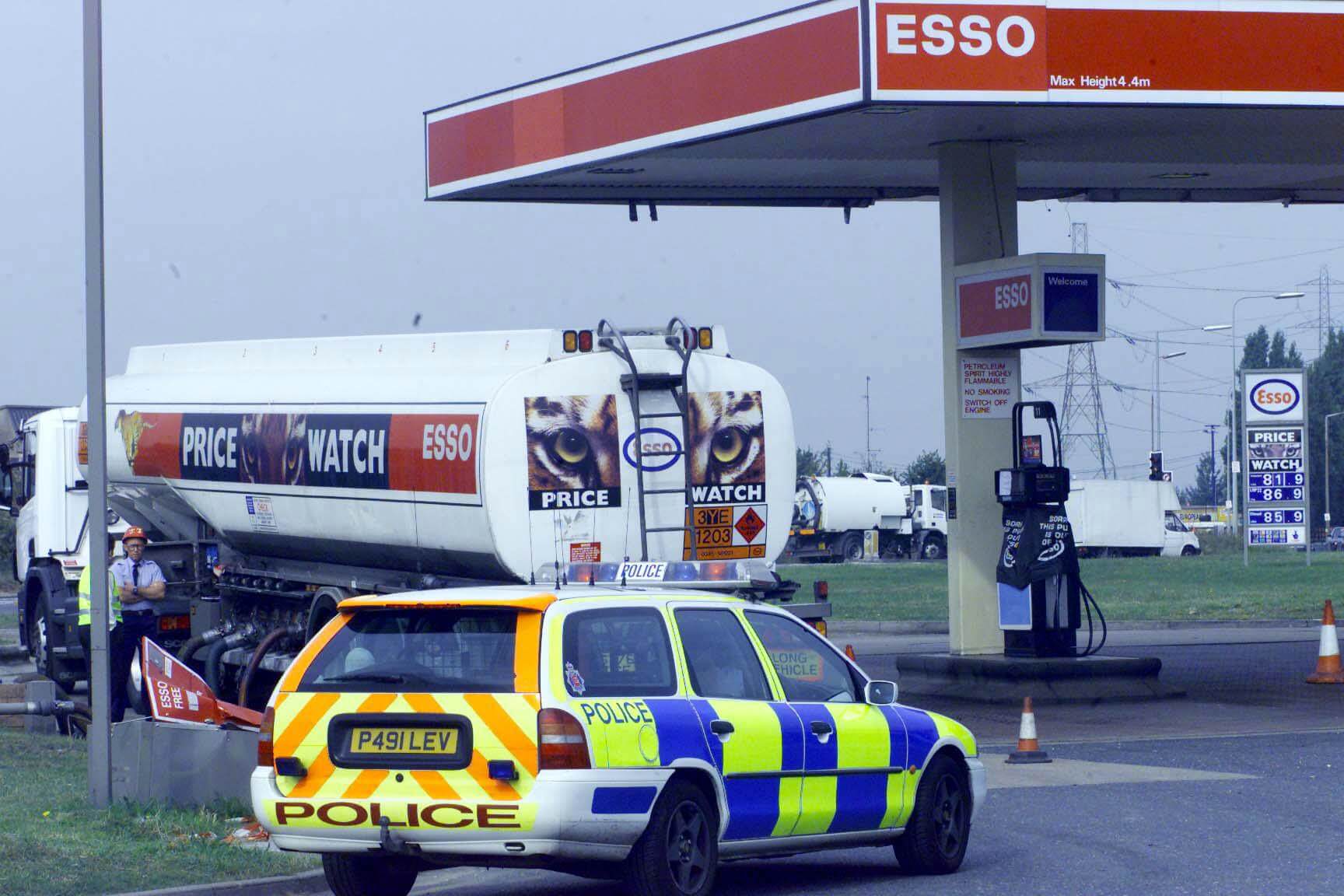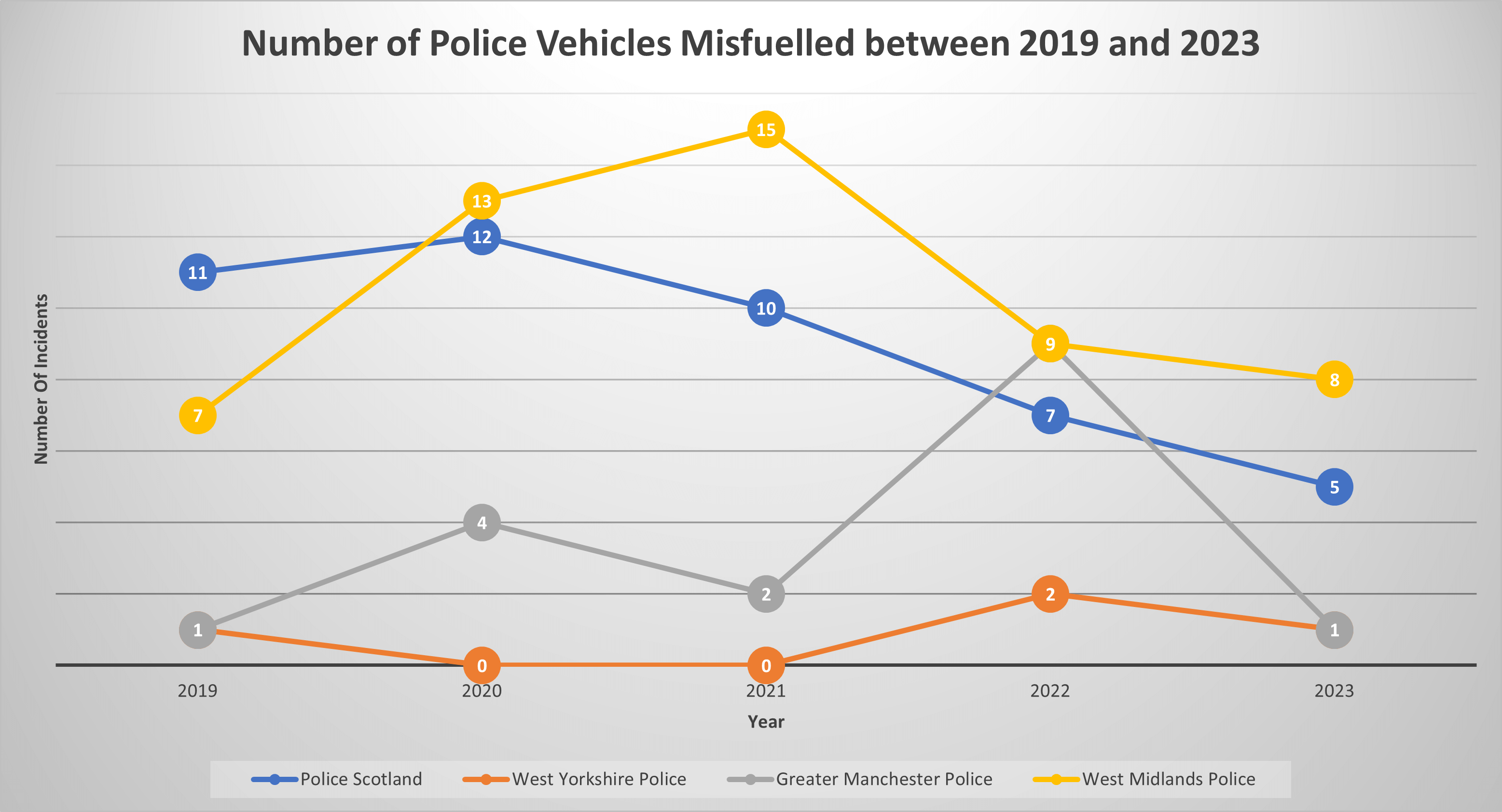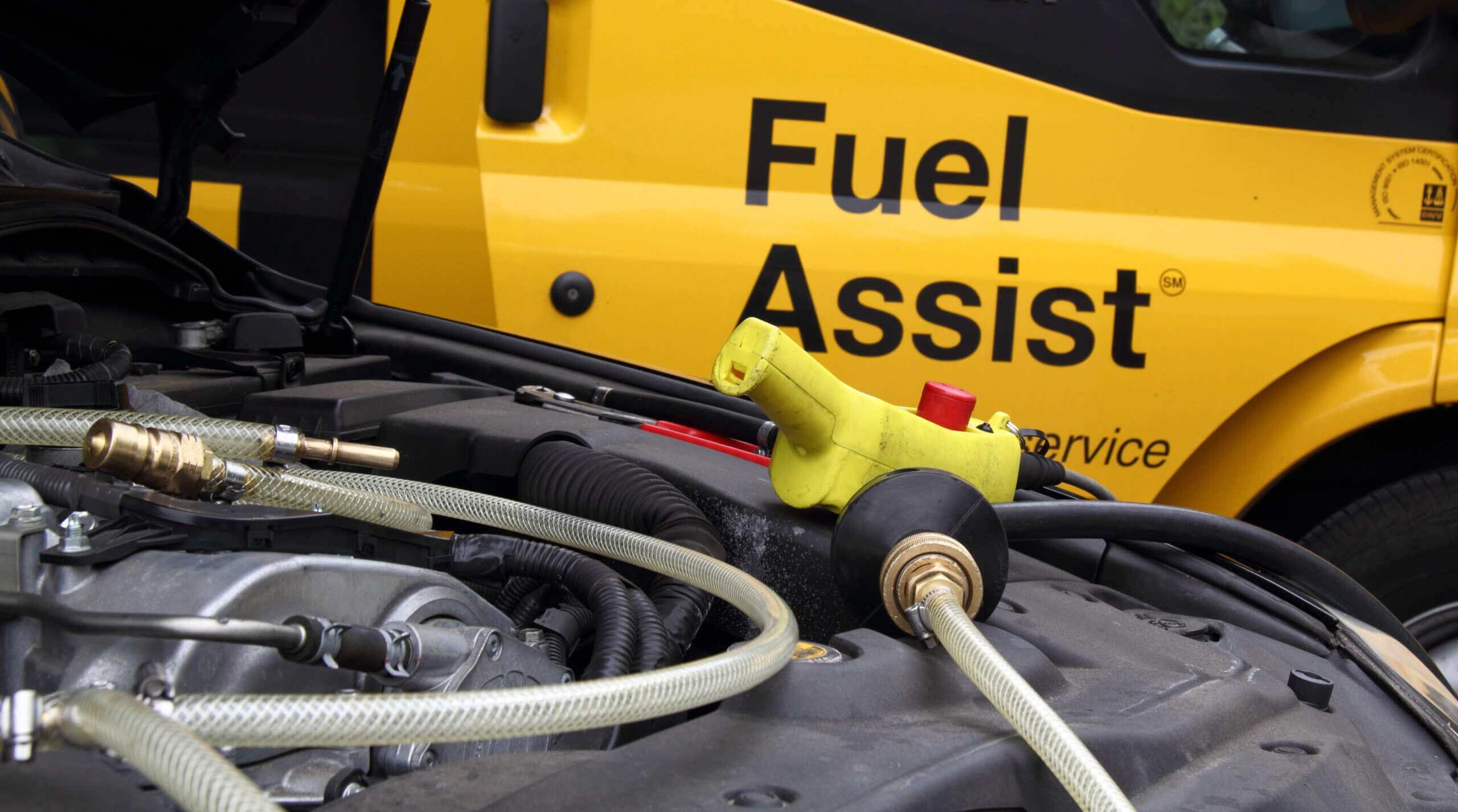£18,000 spent to repair misfuelled police vehicles across UK
Written by Liam Charlton on 4th December 2023

Source: Alamy.
Over £18,663.60 has been spent by police forces across the UK to repair vehicle mis-fuelling incidents since 2019.
Freedom of Information Act requests to four police forces across the UK revealed that since 2019, there have been 117 incidents of police vehicles being filled with incorrect fuel. The average cost of repairing each vehicle was £160.
Of the four police forces that responded to our Freedom of Information requests, West Midlands Police Force registered the most incidents with 52 errors between February 2019 and October 2023. West Yorkshire Police Force revealed the fewest incidents with 4. Greater Manchester Police reported 17 incident’s and Police Scotland recorded 45 incidents.
West Midlands Police made up 44% of the total number of vehicle misfuelling incidents that took place across the four police forces since 2019 with 52 occurrences.
The total repair costs for West Midlands Police alone was £12,176.79 with one repair in March 2023 costing £1652.20.

A spokesperson for Greater Manchester Police explained the procedures they take to reduce the likelihood of mis-fuelling said: “Fuelling systems are mixed between the use of bunkered fuel systems and forecourts which utilise fuel cards.
“The bunkered fuel system, which accounts for a large proportion of the response fleet will only allow fuel to be drawn from the pump attributable to the fuel type listed within the fleet management database, decreasing the likelihood of human error.
“Vehicle fuelling procedures are incorporated into all driver training courses through which every fleet driver undertakes.
“Additionally, the vehicles themselves have a visual aid to easily identify fuel type attached to the fuelling location on the vehicle itself, plus the nozzle sizing being different.”
In the event of a vehicle being misfuelled Greater Manchester Police said: “The vehicle in the first instance would be recovered and repaired and the reason for the mis-fuel identified involving the person listed as fuelling. Every individual fuelling activity leaves a data trace of who, when, where and what was filled which eases accountability issues.
“Regular reports are also provided from the fleet fuel card provider, the data for this is linked as an upload from the same fleet management system. This also allows for this method to be monitored and any misuse is highlighted automatically.”

Source: Alamy
Forecourt Assist North East is a company that launched in 2014 to help assist anyone in the North East of England and North Yorkshire who might have accidentally misfuelled their vehicle.
Carl Walker, Director of Forecourt Assist North East, said: “The AA suggest that there is over 250,000 people put the wrong fuel in their vehicle each year. Our stats show that some days we can go out and do 3/4 jobs and some days we can go and do 8/9/10 jobs. The average over the whole year is 5 jobs a day.
“Anyone who has misfuelled their vehicle needs to think about their safety first. So if they are driving down the road and the vehicle suddenly comes to a stop on a busy motorway then safety is crucial before then looking for your breakdown cover.
“Many people do not realise their mistake of putting the wrong fuel in a car so it’s a surprise to them when they breakdown. Their first instinct is to call their breakdown cover but other customers realise they have put the wrong fuel in the car so search Google for a fully accredited company like ourselves.
“There are so many more factors such as your working in hazardous locations such as fuel stations, or creating your own hazardous area when removing fuel. Considerations must be taken like is a car going past with someone smoking a cigarette? Massive hazard so containing that scenario is critical.”
When asked if there was any way people could minimise the risk of accidentally misfuelling their vehicle Carl said: “We do sell devices for as little as £3.99 up to £5 that warn customers that they need diesel in their vehicles. This is a little mini speaker that has a light sensor on the device so when the fuel cap is shut it’s dark when the fuel cap is open the light shines on the sensor and a warning voice note advises the customer of the fuel type.”
The Metropolitan Police force acknowledged our FOI request but failed to respond to us with any data.
To date, we have not received a response from West Yorkshire Police force regarding the number of misfuelling incidents.
Police Scotland and West Midlands Police Force both declined the opportunity to comment on the data they revealed to us.







